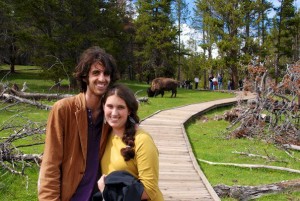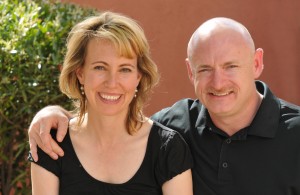At my High School graduation party, I got to see a lot of different people interact. At first, I wan’t sure how it would work out having friends, family, teachers, coworkers, co-members, and family friends all in one place. Somehow, it all came together. The first few minutes were the most stressful, but after more people trickled in, I felt more and more at ease.
I talked to my parents about after the party, in a bubble of happiness about how it turned out. My mom responded to my thoughts well. “They are your people,” she told me. “You’ve built up a relationship with them, and that’s why everything worked out so well today.”
What my mom said was true. These people were people I had gotten to know over time, whether friends, teachers, or fellow board members. I didn’t connect to everyone automatically, I worked to communicate, check in, and visit with each and one of them at one point to get to know them better, and so they knew me better. That is what networking is.
Finally, graduation came and went. The end of one story and the start of another. It felt amazing to be done with high school, but it was scary to think about starting completely over in a new place where I wouldn’t know anyone, and no one would know anything about me. I knew that I’d need to find new people to connect with, and that I’d have to start networking over again.
Thinking about it, I had to think about how to start fresh. How do I network from a clean slate?
- Start with your teachers. Your professors don’t have to be your favorite people, but you want to have a good relationship with them if you can. Not only does it make the class more fun, but it will help you if you need help with classwork or if you want recommendations for other classes to take.
- Check out the Career Planning & Resources. They are friendly and helpful, and willing to help you with searching for jobs and internships, working on resumes, or tackling life after college.
- Talk to upper-classmates and alumnae. These people know exactly how if feels to study at Scripps, and some of them have your same interests. Look for opportunities to communicate with people in the Scripps Community Network or the “See Alumnae” tool on LinkedIn to build Scripps connections in the outside the 5Cs to make links to things off campus.
Things to remember:
- Be sincere. Be honest. Be genuinely kind, passionate, and curious in order to start building a relationship. It will help you so much more to be authentic with yourself and the person you’re connecting with.
- Be interested. People can tell when you’re faking interest, so be sure to let your passions and energy shine through. Ask questions, aim to learn more about the other person and about the subject of interest.
- Reach out. If you know someone who works with something you’re interested, don’t be afraid to ask questions about the position or similar opportunities. Chances are your connection would be happy to help you find out more or set you up with some possibilities!
Starting off as a first-year at Scripps, I’ve had to keep in mind all of these things as I navigate uncharted waters. With starting fresh, I want to build a strong base here at my new home, so I have a good springboard to the years after that. From start to finish, I’ll be networking and making connections to help find my way.






